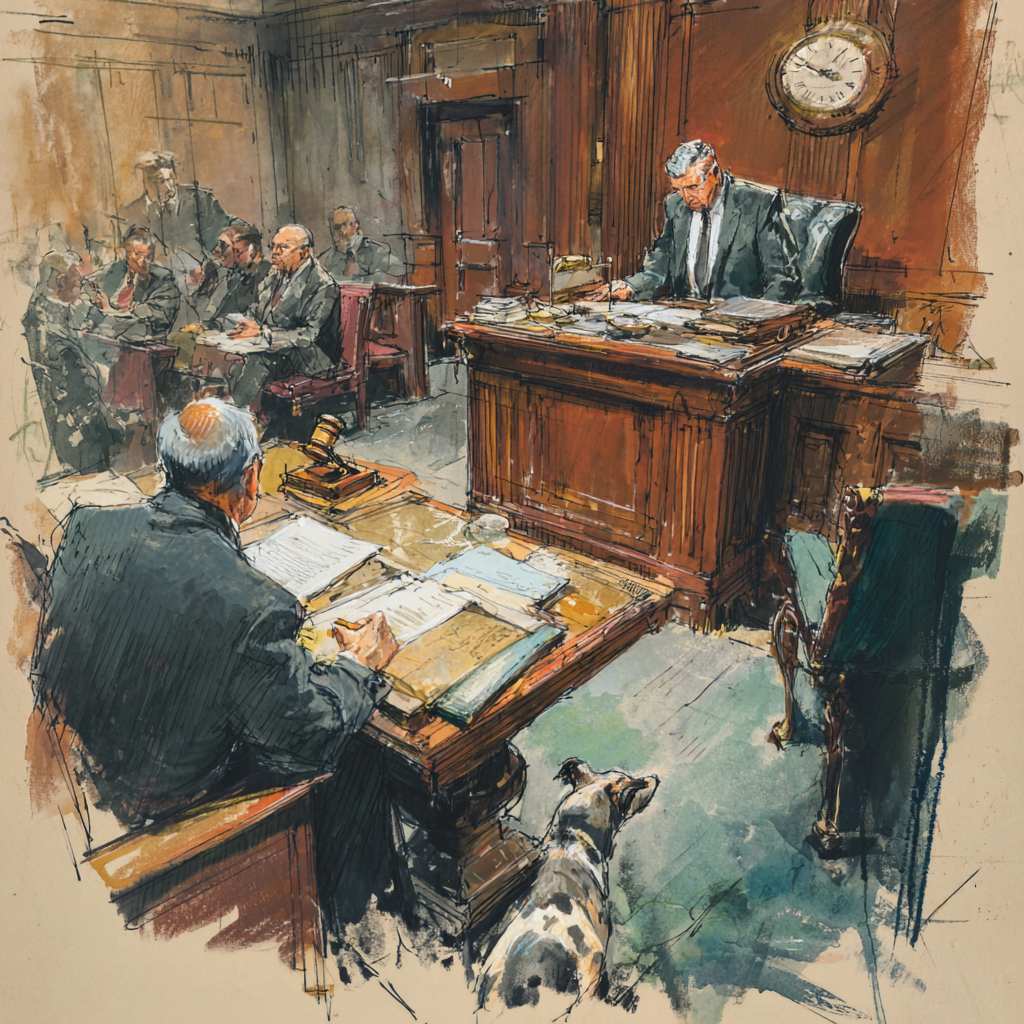General Ins. v Piquion, 2022 NY Slip Op 07500 (1st Dept. 2023)
(1) STANDARD ON MOTION TO DISMISS DJ: “On a motion to dismiss a declaratory judgment action for failure to state a cause of action, “the only question is whether a proper case is presented for invoking the jurisdiction of the court to make a declaratory judgment, and not whether the plaintiff is entitled to a declaration favorable to him” (Law Research Serv. v Honeywell, Inc., 31 AD2d 900, 901 [1st Dept 1969]). Here, plaintiffs stated causes of action for declaratory judgment. Contrary to the Rybak defendants’ contention, plaintiffs need not allege a proper claim for fraud in the complaint. Further, plaintiffs were not merely seeking an advisory opinion. Rather, their request for a declaration regarding the eligibility of defendants to recover no-fault benefits under the relevant policies amounts to a justiciable controversy sufficient to render declaratory judgment (State Farm Mut. Auto. Ins. Co. v Anikeyeva, 89 AD3d 1009, 1010-1011 [2d Dept 2011]).”
(2) SEVERANCE NOT WARRANTED: SAME ISSUES IN LOWER COURT PROCEEDINGS. The court providently exercised its discretion in declining to sever plaintiff’s claims into separate actions. Generally, “[t]o avoid the waste of judicial resources and the risk of inconsistent verdicts, it is preferable for related actions to be tried together” (Rothstein v Milleridge Inn, 251 AD2d 154, 155 [1st Dept 1998]). Although the Rybak defendants’ severance arguments carry some weight, after consideration of all relevant factors, including the potential prejudice that would be suffered by plaintiffs in having to litigate 32 separate actions involving many of the same parties and witnesses, the court properly declined to sever the claims (see Hempstead Gen. Hosp. v Liberty Mut. Ins. Co., 134 AD2d 569, 569-570 [2d Dept 1987]; cf. Radiology Resource Network, P.C. v Fireman’s Fund Ins. Co., 12 AD3d 185, 185 [1st Dept 2004]). In view of the foregoing, the appeal from the order denying the Rybak defendants’ second motion to sever pursuant [*2]to the law of the case doctrine is dismissed as academic.
(3) CIVIL COURT DOES NOT HAVE DECLARATORY AUTHORITY: The court properly declined to dismiss the claims which had also been previously asserted by the Rybak defendants in separate Civil Court actions as Civil Court cannot grant the declaratory relief that plaintiffs seek here (see State Farm Fire & Cas. Co. v Jewsbury, 169 AD3d 949, 950-951 [2d Dept 2019]).”
The order here sounds right.









